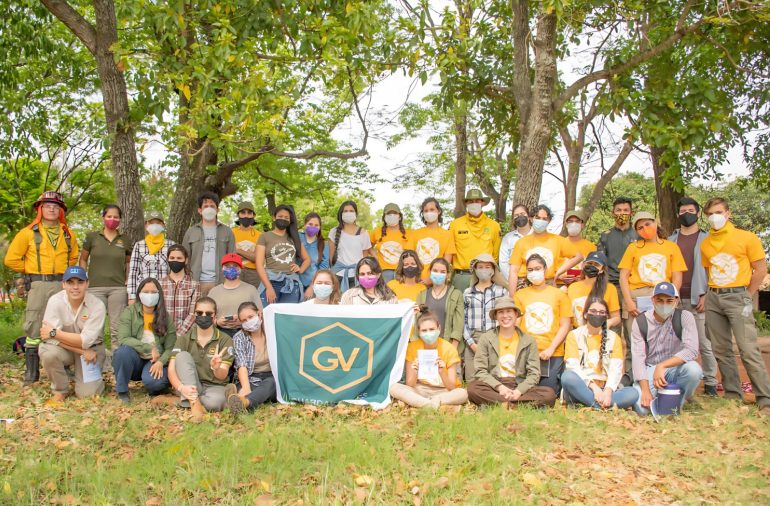July 31 marks World Ranger Day, a timely reminder of the crucial work these people undertake. In Paraguay, a country where environmental conservation faces significant structural challenges, a group of citizens has decided to lace up their boots, head into the wild, and support the cause through direct action. This is the spirit behind the Volunteer Park Rangers Programme (Guardaparques voluntarios).
This initiative is led by the Defenders of the Chaco Pyporé Association, which since 2017 has been training and mobilising people willing to offer their time, energy, and commitment. To protect Paraguay’s protected natural areas as volunteer park rangers: the guardians of the wild.
More than training
The programme offers an initial training that blends theory and practice. According to Rodrigo Arias, the project coordinator, the process begins with a week of online classes, Monday to Friday, from 19:00 to 21:00 and concludes with an intensive weekend session held at Cerro Koi, a nature reserve located near Asunción.
The next training edition is scheduled for August or September, 2025. Once completed, the first five volunteers who confirm their participation will be invited to take part in the full experience: spending an entire week performing real duties as volunteer park rangers, usually during the official staff’s time off.
“We provide real tools, the same ones used by official rangers, so that each participant can integrate into fieldwork, not as replacements, but as meaningful support,” Arias clarifies.
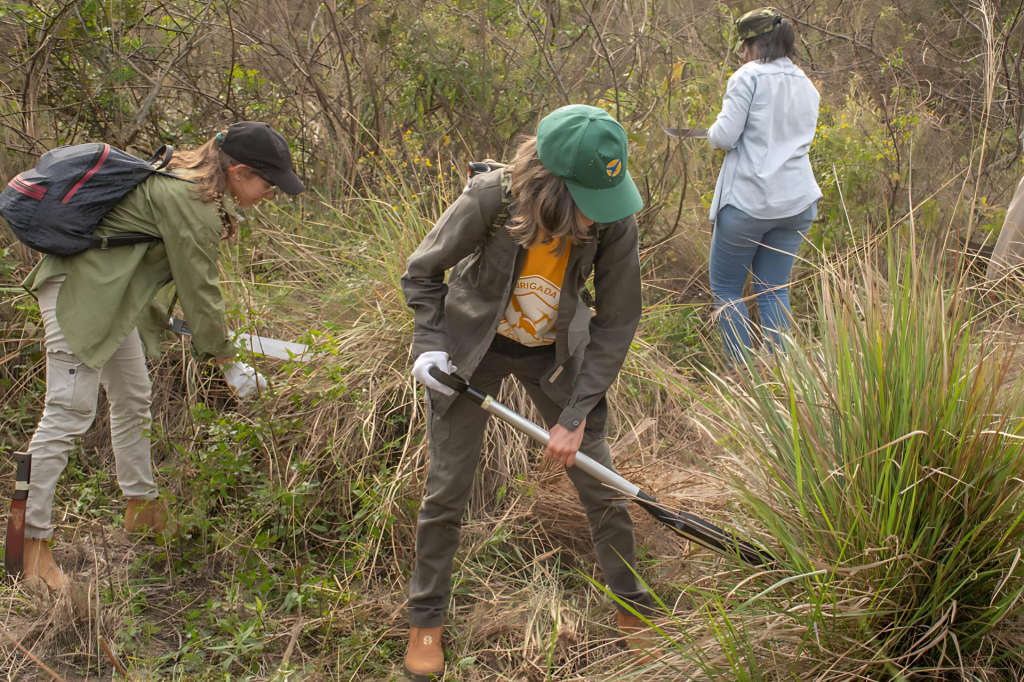
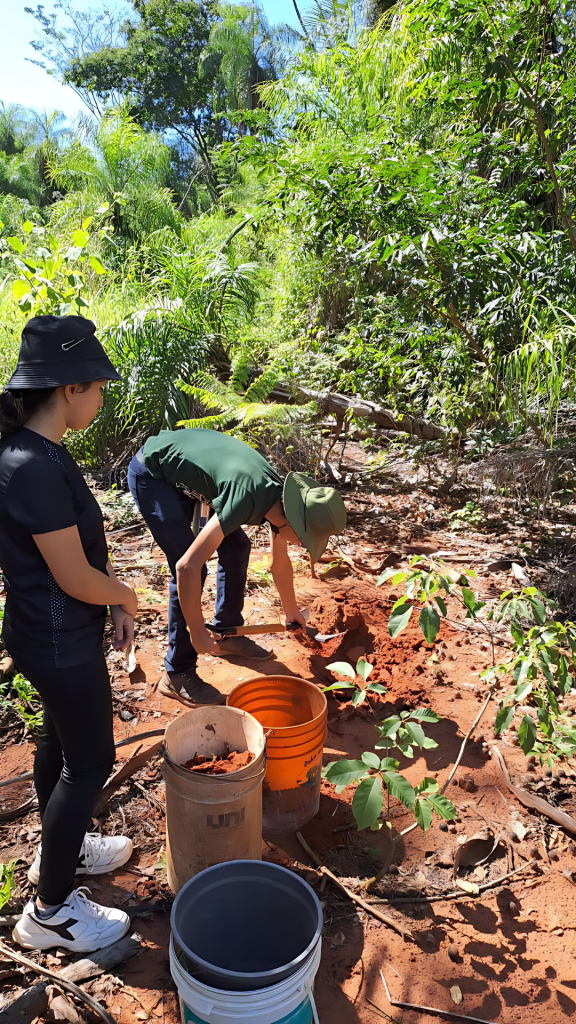
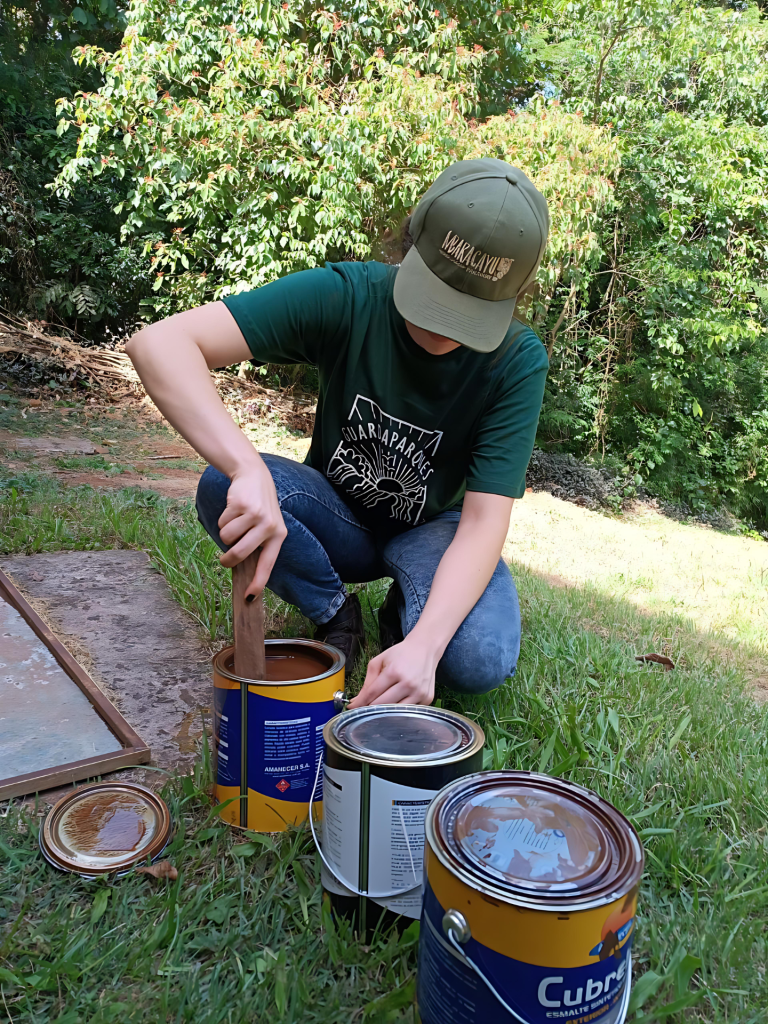
A day in the wild for a volunteer park ranger
The routine begins early. Very early. Depending on the location, a volunteer park ranger may start their day at 4:00 or 5:00 in the morning. with bird monitoring, followed by trail maintenance, signage repairs, or visits to nearby schools and communities to promote environmental education. Tree planting and patrols to prevent illegal activities such as logging, poaching, or pollution are also key tasks.
The day typically ends around 17:00, although longer activities may extend the schedule. “It is a full immersion. The volunteer does not simply observe, they participate in everything as a full member of the team,” Arias emphasises.
Where does it take place?
Currently, the programme operates across 16 public and private protected areas in both the Eastern Region and the Chaco. A weekend volunteer park ranger option is also being developed in more accessible locations such as San Bernardino and Cerro Koi, designed for those who cannot commit to a full week away.
The Association arranges accommodation, food, and equipment for up to five volunteers and one coordinator per group. The training cost ranges from 30,000 to 50,000 Guaraníes, which helps to cover the programme’s basic expenses.
Who can participate in the park ranger programme?
The programme is open to individuals aged 18 and over, although previous editions have seen strong participation from young adults aged 21 to 27, most of whom have been women. While the role of a park ranger can be physically demanding, the risks are minimal: the main challenges involve exposure to heat, forest humidity, or insect bites. “We have never had incidents involving snakes or other dangerous animals,” Arias assures.
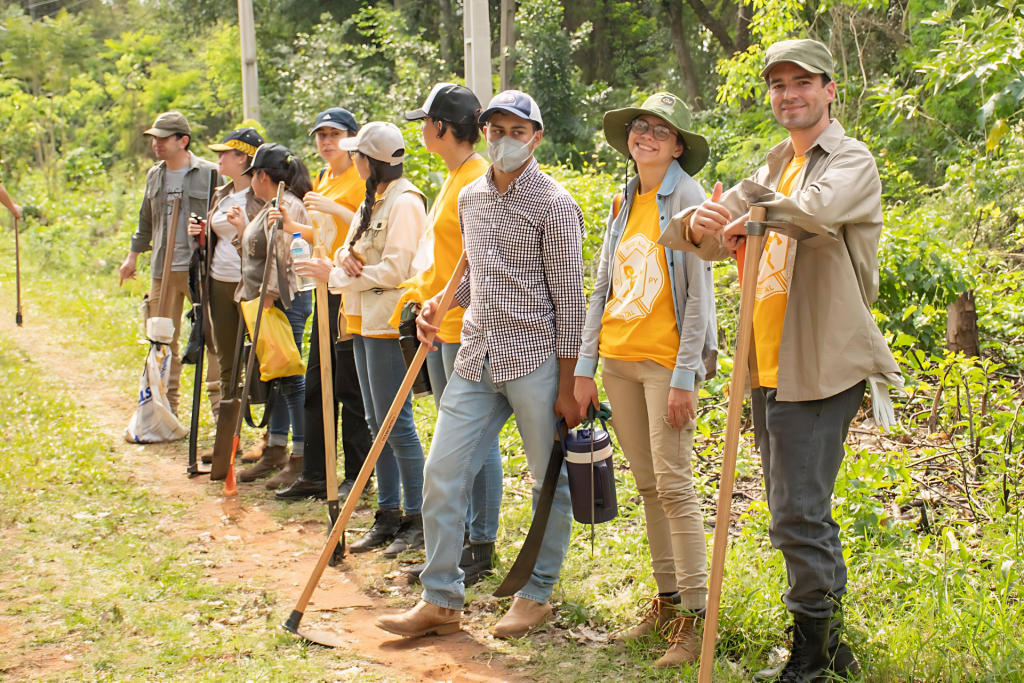
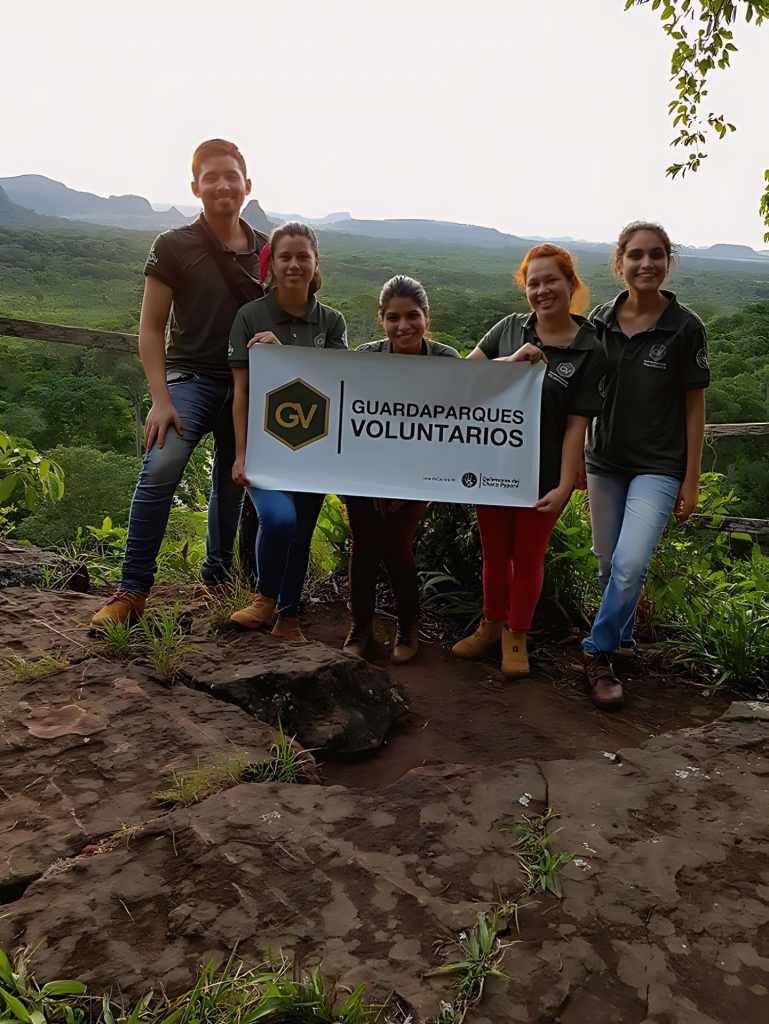
A support network amid structural shortcomings
Paraguay has over eight million hectares of protected land, yet only about 150 official park rangers. According to the Ministry of Environment and Sustainable Development (MADES), this represents an 80% shortfall in field personnel, a gap that severely limits effective park management.
In this context, the Volunteer Park Rangers Programme does not aim to replace professionals but to provide concrete citizen support. “It is an act of environmental co-responsibility,” says Arias. Each volunteer experience is coordinated with the MADES technical team to ensure that their work contributes constructively.
Since its inception, more than 1,200 people have participated in the programme. Many of whom now work with environmental NGOs, government agencies, or lead community-based conservation initiatives. Furthermore, the programme has become a bridge for companies and civil society to get involved, donating supplies, funding infrastructure, or supporting scholarships for future rangers.
A debt to those who protect life
The role of a park ranger is vital, yet often goes unseen. Rangers not only patrol and monitor species, but also serve as environmental educators, forest firefighters, guides, and liaisons with local communities. However, poor working conditions, low wages, and limited resources remain persistent challenges within the Paraguayan system.
While initiatives like the Volunteer Park Rangers Programme do not solve these structural issues, they offer a powerful support network and raise public awareness. “Nobody defends what they do not know,” is a common phrase among environmental educators. This programme aims to change that, bringing people closer to nature so that its care becomes a collective responsibility.
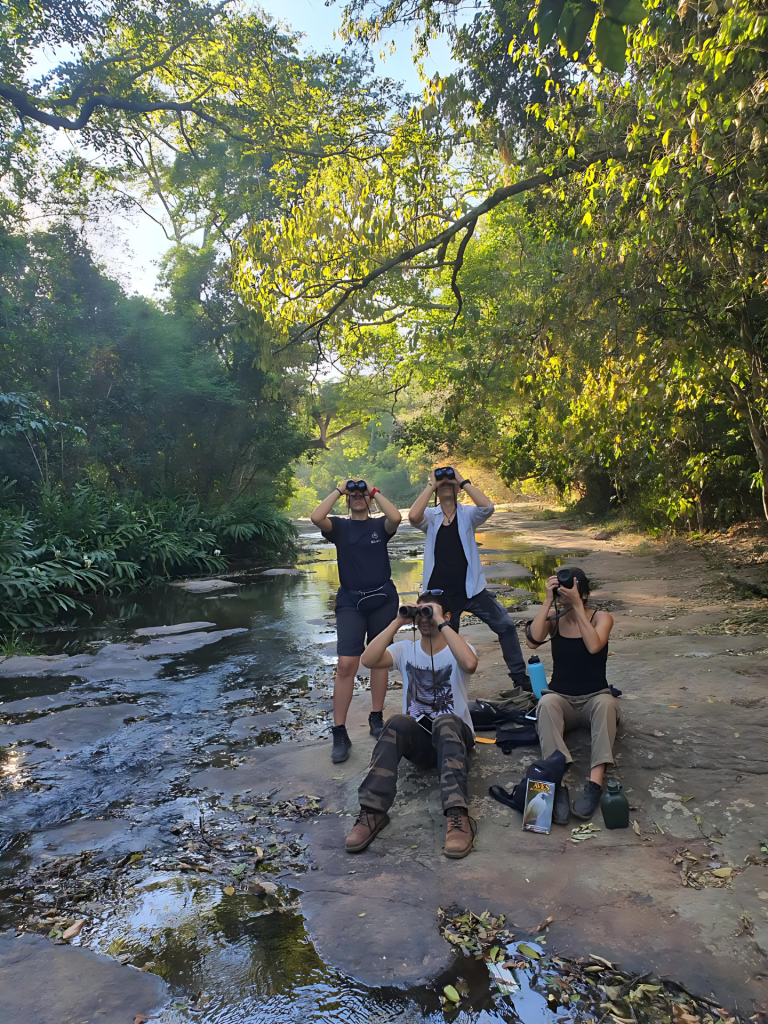
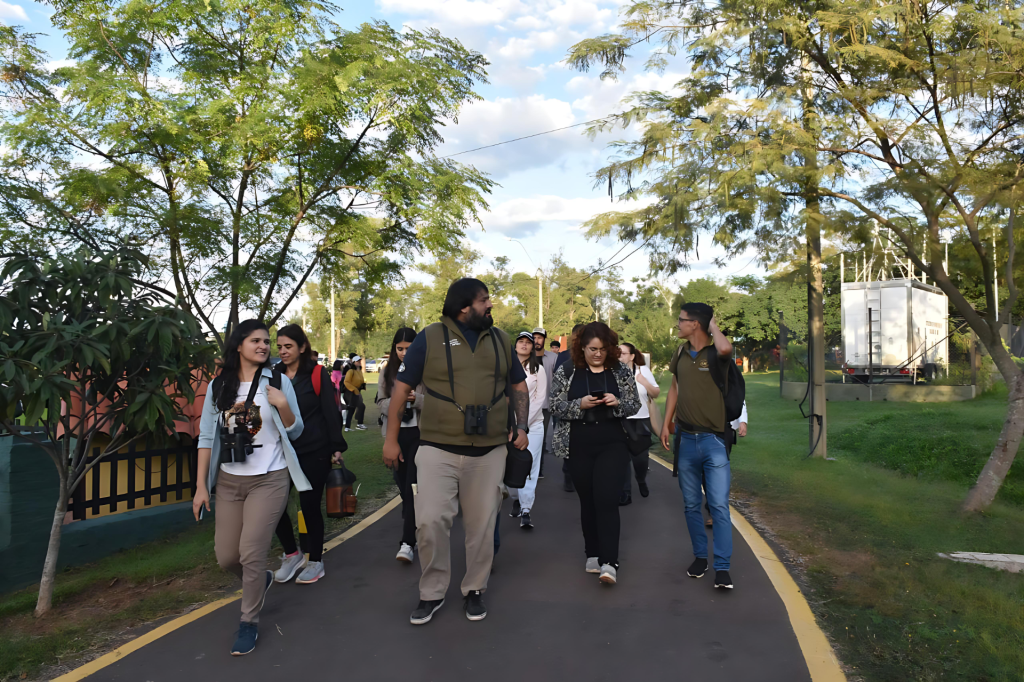
Getting involved as a park ranger?
Follow guardaparquesvoluntariospy on Instagram or defensoreschacopy on Instagram to learn more about upcoming training opportunities.
Read more: Into The Green Heart: Discovering Paraguay’s Wild Side, or Step Into The Heights: Trekking And Hiking Adventures In Paraguay.

